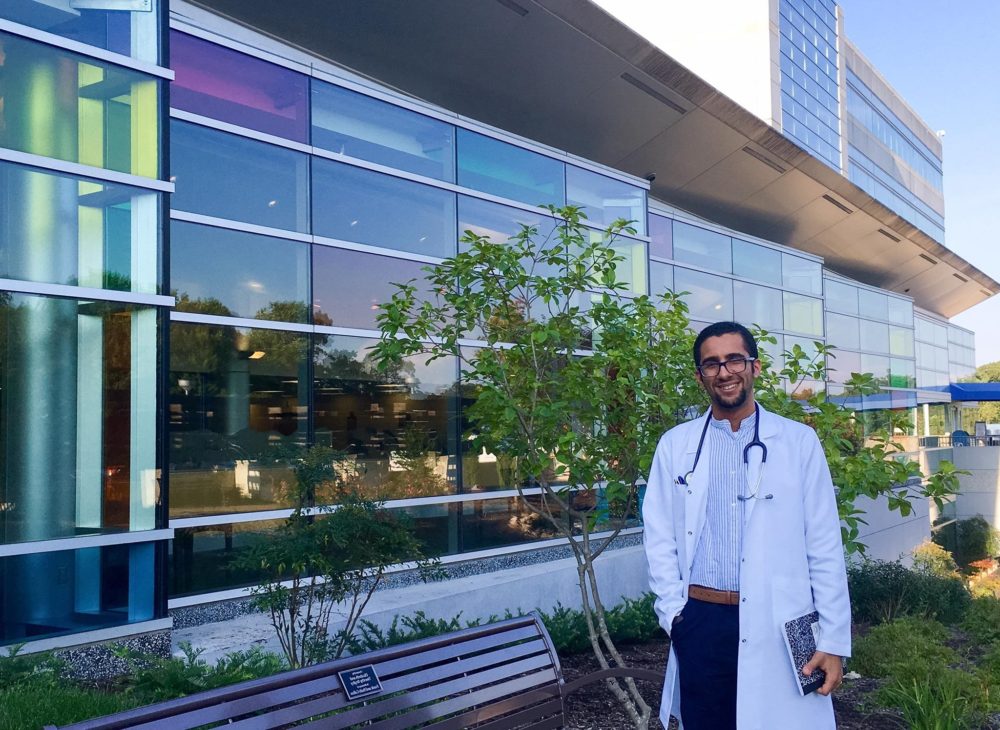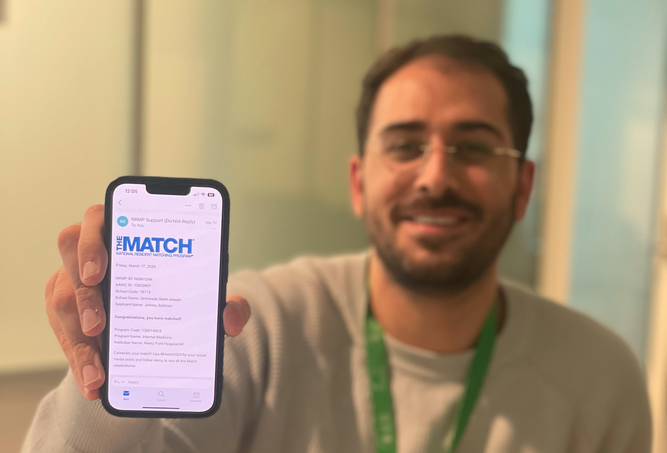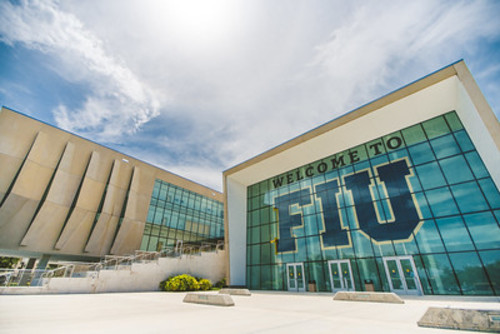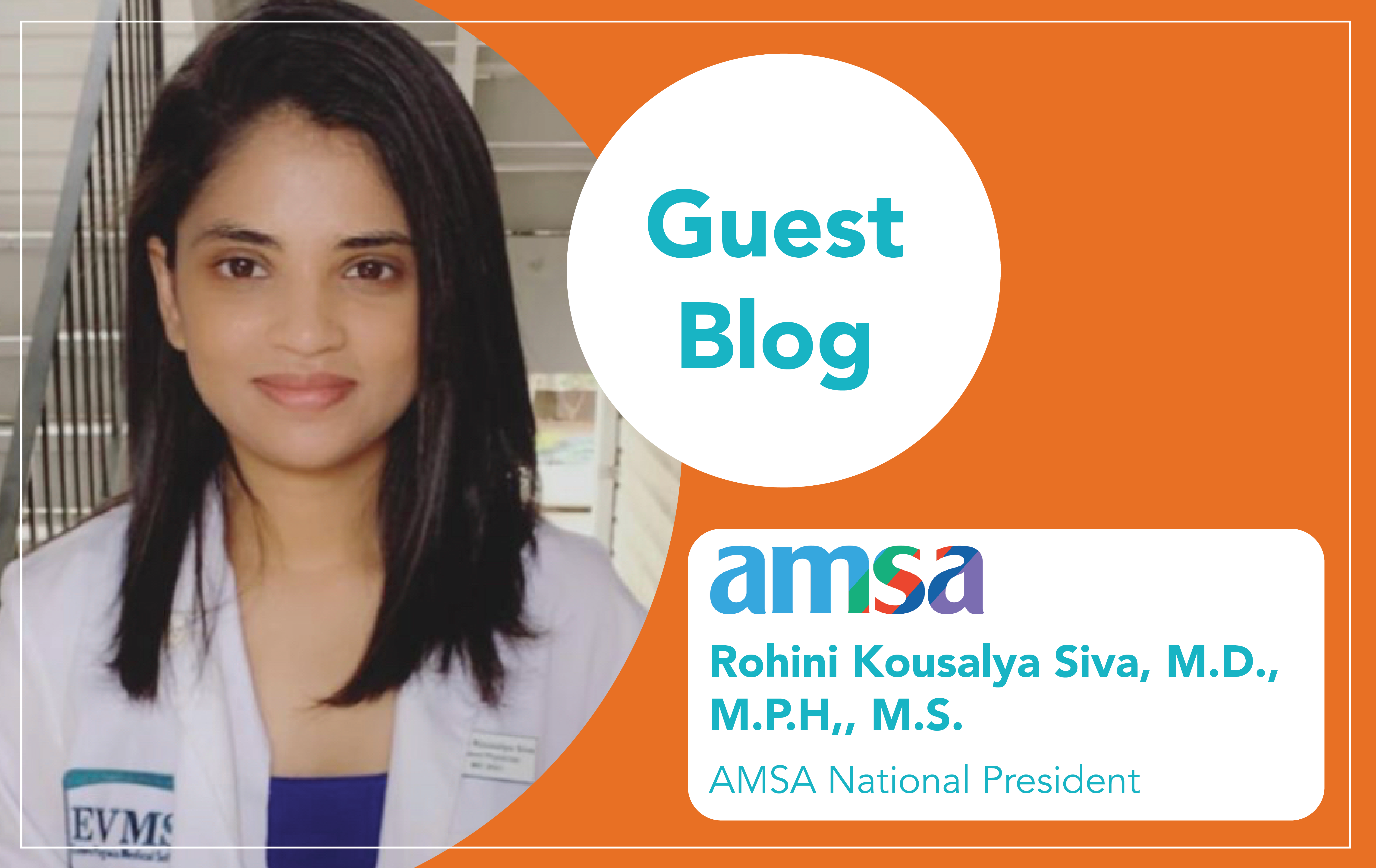Nick G. is an administrator for the LoCicero Medical Group in Tampa, FL. Because many students with AMOpportunities have shadowed physicians in the LoCicero Medical Group, we reached out to Nick G to get his take on the international medical graduate (IMG) experience in America.
AMOpportunities: Why did you decide to establish a relationship with AMOpportunities?
Nick G: The main physician working with AMOpportunities was interested in the educational component. We have already established relationships with the University of Florida, University of Tampa, and the University of Southern Florida both for MD and nurse practitioner programs. We thought it would be interesting for our practice to have medical students and physicians at varying levels and from across the world. And of course, our doctors were also interested in the cultural experience and exchange.
AMOpportunities: How has your clinic’s experience been working with IMGs?
Nick G:It’s been wonderful. We haven’t had a student that wasn’t engaged. All the students are highly motivated and work hard. Our doctors are happy to teach and enjoy the cultural exchange.
AMOpportunities: How do AMOpportunities IMGs participate in your practice?
Nick G: We are a multi-specialty practice. Students get to participate in multiple specialties under multiple physicians. Students can get an understanding of what the diagnosis and treatments are going to be as well as if there is the opportunity to shadow in a surgery, they are able to do that because some of our specialists are doing surgeries in the hospitals, so that there is that aspect available to them as well.
One of the other things we’ve done is we have several physician relationships in the neighborhood. For example, we had a student who was interested in cardiology and was cardiology-trained from the country he came from and because we had a good relationship with a cardiologist in the neighborhood, we were able to allow him to shadow the cardiologist in procedures and he had the opportunities to watch several different procedures with the cardiologist.
AMOpportunities: Have your doctors benefitted from having IMGs?
Nick G: My feeling as the administrator of the practice is you don’t really know something until you can teach it to someone else. It’s a great experience for our doctors because it keeps them on their toes. It keeps them current with their information plus from time-to-time students will bring information to us which we would not have been previously exposed to. And again, the cultural aspect is appealing to some of the guys working here because we have a couple physicians that are from places other than the United States who have trained here and now work here but come from other cultures themselves. They enjoy meeting people from other people across the world.
AMOpportunities: How do patients react to IMGs?
Nick G: I have not heard anyone tell me that a patient was not interested in having the IMG in the room. Generally speaking, the reaction of most patients is they welcome the students into the room. Students are given a formal introduction by the physician that’s treating them. Often times, they end up in conversations on the students’ trainings and aspirations. I would say that our patients actually probably enjoy the experience as well.
AMOpportunities: What would you tell an IMG to expect when first coming to the U.S?
Nick G: I would tell them that they’re going to be busy from the time they get here to the time they go home on a daily basis. They will get as much as out of it as put into it. They should cease the opportunity to shadow and work with as many of the physicians in our group as they can, especially if they’re interested in a particular specialty or sub-specialty. They should voice that to give us the opportunity to find the right providers.
AMOpportunities: How do students and doctors keep in contact?
Nick G: We will share emails and cell phone numbers. The medical director and myself actually went to dinner with a student we had 6 months ago. He ended up back in the States and is doing a rotation in Washington D.C. He had gone back to Tampa to meet with some friends and reached out to us. The students who are trying to match, we encourage them to let us know if they match and where they match. Surprisingly enough, even after 30 days, there are personal connections that are established.
AMOpportunities: What is unique about medicine in the United States?
Nick G: I would say the amount of research development that goes into the system and the amount of resources the system has to spend on new procedures and new advancements gives us an advantage over rest of world. The other thing about our system, particularly as it relates to international students, is that there is definitely the attitude that we want to give back to the rest of the world. If we can make those students’ experiences better and give them knowledge here, whether they stay in our country or not, we’ve made them better physicians and improved healthcare around the world. I think most doctors in the United States have that feeling, particularly the ones that work with us.
We feel privileged to work with AMO. We enjoy the experience. We’ve been happy with them since the day we established our relationship.
Are you interested in a rotation at Locicero Medical Group or another partner with AMO? If so, click here to apply today!







Leave A Comment